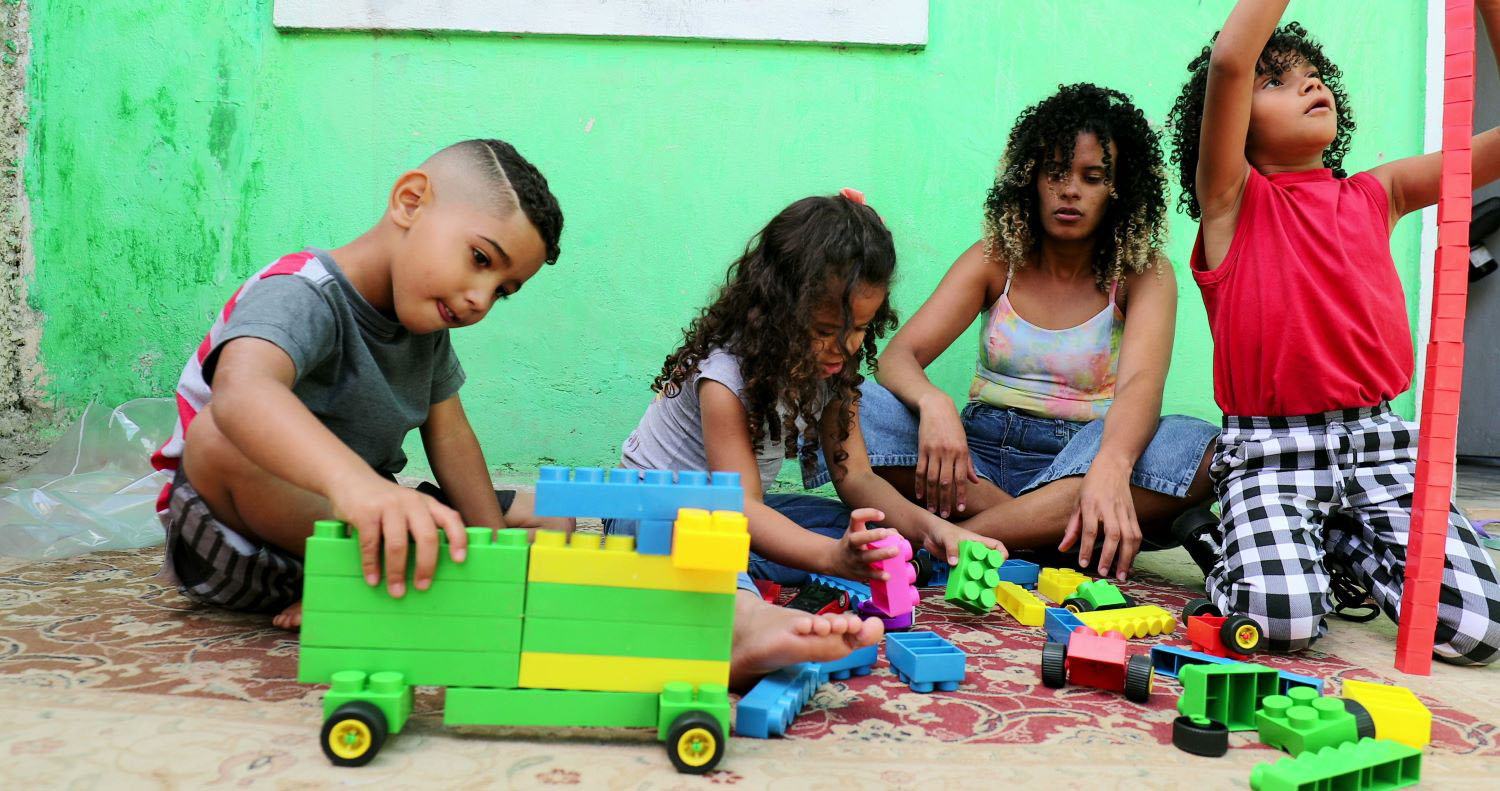If you thought there was one Sustainable Development Goal about gender, you’d be right, but not entirely. SDG 5 is the “gender goal” (“Achieve gender equality and empower all women and girls”), but gender equality and women’s empowerment are crucial to development aims throughout the 17 global goals.
SDG 3 (“Ensure healthy lives and promote well-being for all ages”) will be easier to achieve with better financing for family planning and improved health outcomes.
SDG 8 (“Promote inclusive and sustainable economic growth, employment, and decent work for all”) can’t be met without increasing women’s access to the formal workforce and the benefits it offers, as Charles Kenny argues in his policy proposal to combat gender apartheid at work.
SDG 16 (“Promote just, peaceful and inclusive societies”) will benefit from gender equality in identification, especially when it comes to discussions of target 16.9 (“Provide legal identity to all, including birth registration”).
SDG 17 (“Revitalize the global partnership for sustainable development”) provides an opportunity for a range of actors — from development banks to the private sector — to promote gender equality.
That’s just four. As next week’s 60th session of the Commission on the Status of Women will highlight in New York, achieving gender equality will be essential for the achievement of a wide range of other SDGs, from those charged with ending poverty, inequality, and hunger to those promoting education and peace.
At a side event we’re co-hosting with the Millennium Challenge Corporation (details here), senior fellow Mayra Buvinic and senior policy analyst Sarah Rose will explore the many connections SDG 5 has with the other global goals and how development practitioners can deliver on gender equality and empowerment. They’ll be joined by MCC CEO Dana Hyde, senior operations advisor Michelle Adato, and country CEOs from Indonesia and Zambia.
We hope in addition that this year’s session brings attention to the need for more robust gender data as well as effective solutions for combatting violence and discrimination against women, including harmful traditional practices such as female genital mutilation/cutting and child marriage.
Join us there if you can, or stay tuned for a re-cap blog after the event.
CGD blog posts reflect the views of the authors, drawing on prior research and experience in their areas of expertise.
CGD is a nonpartisan, independent organization and does not take institutional positions.





